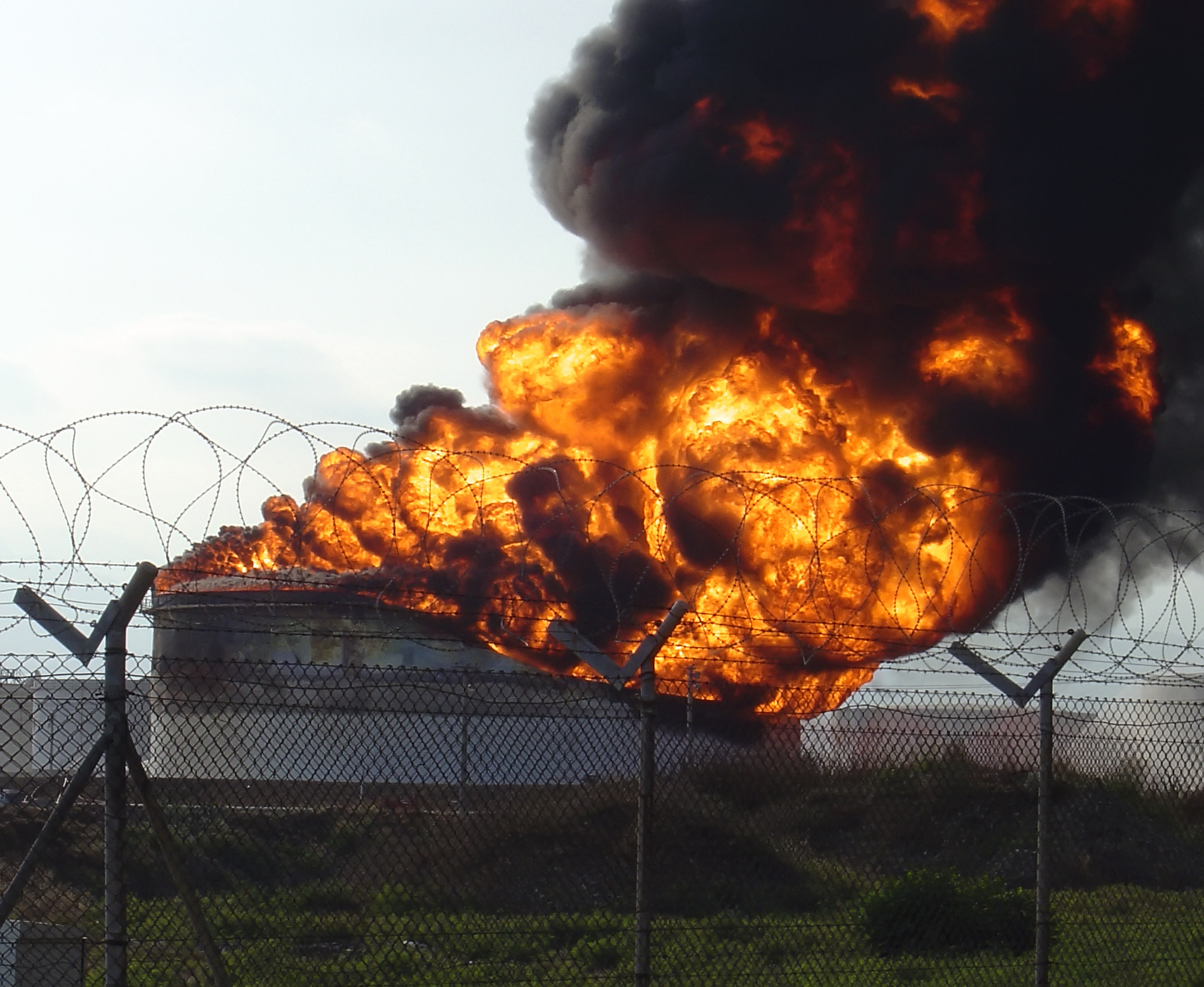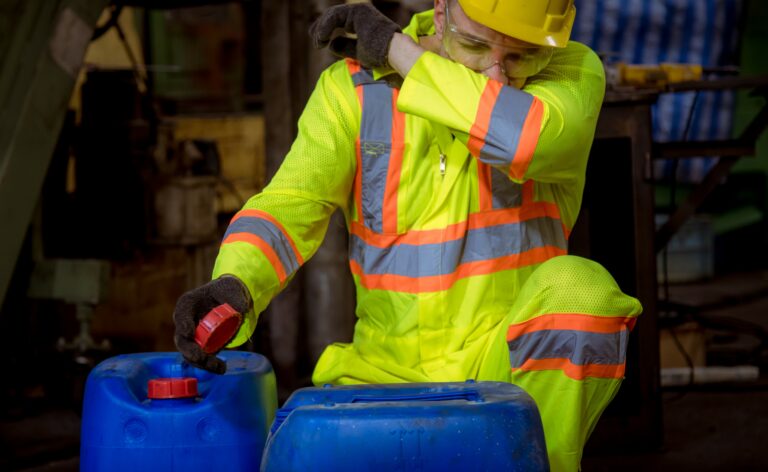Are Oil and Gas Industry Accidents Common in Texas?
Working in the oil and gas industry can be lucrative, but it comes with risks. Working on oil fields and drilling platforms is very dangerous, as accidents happen far too often, some resulting in catastrophic injuries or even death. According to the CDC, fatalities in oil and gas production have risen in recent years. With more demand for petroleum-based fuels, there is more need for oil production, and with the increased need comes an increased possibility of accidents occurring.
In Texas, which has the country’s highest oil production, we see a higher number than most other states. Servicing wells is the most common type of work performed when fatal accidents occur, accounting for nearly 60% of all oil and gas extraction wrongful deaths.
In 2019 alone, Texas accounted for more than half of all oil field accident deaths reported in the United States that year. If you or a family member have been tragically injured in an oil or gas industry accident, contact our law firm to learn how we can help you secure financial compensation with a wrongful death lawsuit.
What Laws Govern Oil Rig Explosions and Accidents in Texas?
Several laws and regulations designed for safer working environments govern oil rigs and gas operations.
The Occupational Safety and Health Administration (OSHA) establishes safety standards, rules, and regulations to ensure the well-being of workers in various industries, including oil and gas. OSHA regulations cover personal protective equipment, emergency response measures, hazard communication, and safety management.
The Jones Act provides protections to maritime workers injured at sea. The Act allows injured seamen, including those working on offshore oil drilling platforms, to file lawsuits against negligent employers, as typical workers’ compensation does not cover them.
The Death on the High Seas Act is a federal law that applies to wrongful deaths in cases that occur beyond three nautical miles from the United States coastline. If the accident happened on an oil rig within three nautical miles from the coast, state laws, including the Texas Wrongful Death Act, would likely govern the claims process instead.
Texas Tort Law governs personal injury cases, property damage incidents, and accidents caused by negligence or wrongful acts. Under Texas Tort Law, injured parties or their surviving family members can seek to recover compensation from liable parties.
What Types of Oil Field Accidents Does Our Law Office Represent?
Our law firm’s wrongful death attorneys handle several types of oil and gas industry accident cases in Texas. Among the most common oil and gas extraction accent pieces we represent include the following:
- Battery explosions
- Chemical explosions
- Collapsing platforms, dropping workers from great heights
- Crushing injuries
- Falling debris
- Fires
- Gas plant or oil refinery accidents
- Heavy equipment accidents, including those caused by defective equipment or mechanical malfunctions
- Motor vehicle accidents, including collisions and rollovers
- Oil well blowouts
- Poisoning accidents
- Smoke or toxic chemical exposure and inhalation
- Trip or slip and fall accidents
Vehicle accidents, both on-site and along the road, are among the most common causes of wrongful deaths in the oil and gas industry. They are followed by explosions, fires, struck by falling objects, and getting crushed or caught between objects. Whatever the cause of the wrongful death accident, our legal team will help you pursue compensation so that you can be made financially whole again.
What Are Wrongful Death Actions and Who Can File Them in TX?
If you lose a family member or loved one in an oil field accident, you may be eligible to file a wrongful death claim. In Texas, wrongful deaths can occur for almost any reason, including falls, crushing incidents, exposure to hazardous chemicals, burns, electrocutions, drownings, or explosions. Texas wrongful death statutes allow surviving family members and administrators of the decedent’s estate to file claims on behalf of the deceased.
Texas law restricts those who can file wrongful death claims to the following:
- Surviving spouse of the deceased oil and gas worker
- The surviving biological or adopted children of the decedent
- Except in gross negligence claims covered by workers’ compensation, the parents of the deceased may also be able to file wrongful death actions
Texas law requires that a wrongful death be any fatality caused by another individual or entity’s wrongful acts, negligence, carelessness, unskillfulness, or default. If another employee was the root cause of your loved one’s passing, the employer and the employee could potentially be held responsible for wrongful death damages.
How Do Wrongful Death Lawsuits Differ from Survival Actions in TX?
There are many similarities but a few key differences between wrongful death cases and survival actions in Texas. A wrongful death case can be filed by the surviving spouse, children, or parents of the deceased. However, a survival action is filed by the state of the decedent or the personal representative of the decedent’s estate. Available damages in a wrongful death lawsuit include economic and non-economic losses suffered by surviving loved ones. The financial recovery possible for a survival action is for the losses the decedent suffers. With a successful case, the surviving family members recover compensation in a wrongful death case, and the decedent’s estate recovers compensation in a survival action case.
Who Can You Sue After a Fatal Accident?
The circumstances of your case and the unique facts determine who can and cannot be sued after an oil and gas industry accident. It is highly recommended that you work with an experienced attorney to ensure the liable parties are held accountable for their actions or inactions.
Under the right circumstances, you may be able to file a wrongful death claim against the oil field employer. Oil rig operators are responsible for ensuring that their rigs meet specific safety standards, and if they fail in this duty, they could be held accountable for damages.
Contractors, subcontractors, coworkers, and colleagues can be held liable for damages if it can be shown that they had a duty of care and then breached that duty. Manufacturers, including those who manufacture heavy equipment used at oil and gas sites, can be held responsible if they provide defective equipment due to faulty craftsmanship, design flaws, or inadequate warnings.
Third parties may also be held responsible for failing to fulfill their duties and responsibilities. These parties may include repair companies, logistics providers, inspection agencies, and virtually any entity involved in an oil rig’s operation.
Is There a Statute of Limitations for Wrongful Death Claims in Texas?
Wrongful death claims must be filed within two years of the date of death in Texas. Depending on the circumstances of the accident, the date of death could be the same date as the accident, or the death could have occurred months later if the accident caused injuries that later proved fatal. There may be certain exceptions to the two-year statute of limitations for wrongful death cases, depending on the defendant, the nature of negligence involved, and the nature of the plaintiff. You must speak with personal injury lawyers experienced in Texas wrongful death claims to ensure that you do not miss the window to file your wrongful death lawsuit.
Contact Our TX Law Firm to Request a Free Consultation with Our Compassionate Legal Team Today
A successful wrongful death lawsuit can recover various types of financial compensation for the plaintiffs, including funeral and burial expenses, mental anguish damages, lost inheritance, lost companionship, loss of future earnings, and medical expenses incurred before death. However, recovering a fair settlement is not guaranteed, and you would be well served by retaining professional legal counsel from experienced wrongful death lawyers.
Schedule your free, no-obligation case evaluation by calling us at 713-489-1875. You give us the facts; we do the work.

 Call Us Now
Call Us Now Email Us Now
Email Us Now


